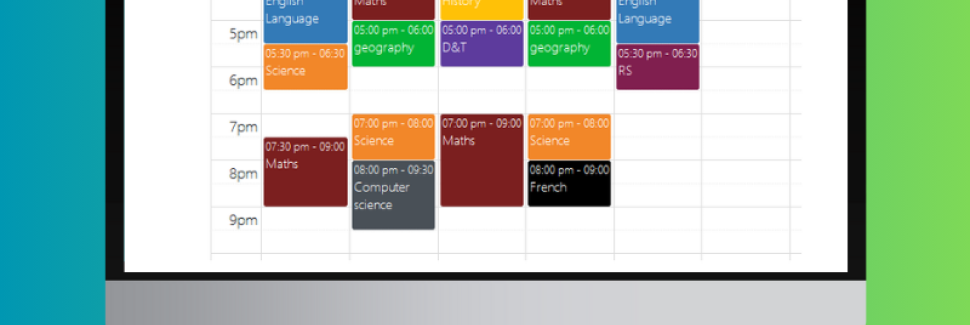
Most of what you do at college and university will be computer bound. Research is done mostly online, through databases for many courses, applications course notes and slides and even Skype teacher or lecturer chats are becoming the norm, which begs the question – just how present do I have to be?
In times gone by there was somewhat of a stigma surrounding a student with a distance learning qualification, however with the advancement of technology distance learning is becoming much more accepted and ‘normal’. You might have a career to focus on, a family to take care of or simply a life not flexible enough to attend class or move away.
What does a distance learning course involve? Why would I want to do it?
Further education at home used to involve piles of papers, books and other physical items coming through the door, now there is little carbon left in the process and a computer with internet connection should suffice, at least for the most part. Do however remember that most courses will have requirements that students be present for exams and for some courses that require experiments and specialised equipment.
Methods often include making a recording of the class or lecture as it happens and releasing it on the internet available for when time suits you. Past papers, exam prep work and other essentials are also uploaded for your convenience.
Distance learning can make finances easier, especially for those with other financial demands. Some courses can be incredibly cost effective when compared, however this is subject to the field you hope to study in as some courses cost almost as much as the students attending the lectures are paying and for less contact hours.
Distance learning might not be for you if you aren’t motivated enough to keep up to date with the work that needs doing or a very scattered timetable. Yes distance learning is more flexible but be warned its unlikely you’ll be able to leave work for weeks at a time (in the UK for example, employees tend to receive between 20 and 25 days annual leave plus bank holidays) and expect to get it done at the end, as distance courses are often subject to continual assessment rather than lumped together at the end of the semester.
What you want to be sure of before studying at home?
Why do you want the qualification? Is it just for a fall-back qualification or for a specific job or field of work? Check with employers and other careers advisers to see how relevant a distance learning qualification is in that area. Perspectives have changed in recruitment but the stigma still lingers in certain areas and it might just pay to be physically present at university.
Are you the sort of person to keep at it without nagging? Environment is everything at university. Simply having nothing to do because everyone else is studying is great for those procrastinators, but if you’re looking for an easier ride with nobody to crack the whip make sure the environment you will be studying in is sufficient and that there is a library or somewhere you can really get the work done when you need the quietness.
How highly is the course recommended by lecturers? Often the university will make it available online to get more money in, when really you should be in class. Ask students currently studying the same thing or arrange a phone call with the course director and ask their opinion on whether it is worth it or not and what limitations the course might have.
So consider the above points and always compare the distance course with the regular programme at the university, if they balance well it may be worth it, however remember that you are most likely committed to something else in the first place, can the two run parallel in your life? Consider the financial implications too when making any decisions.





